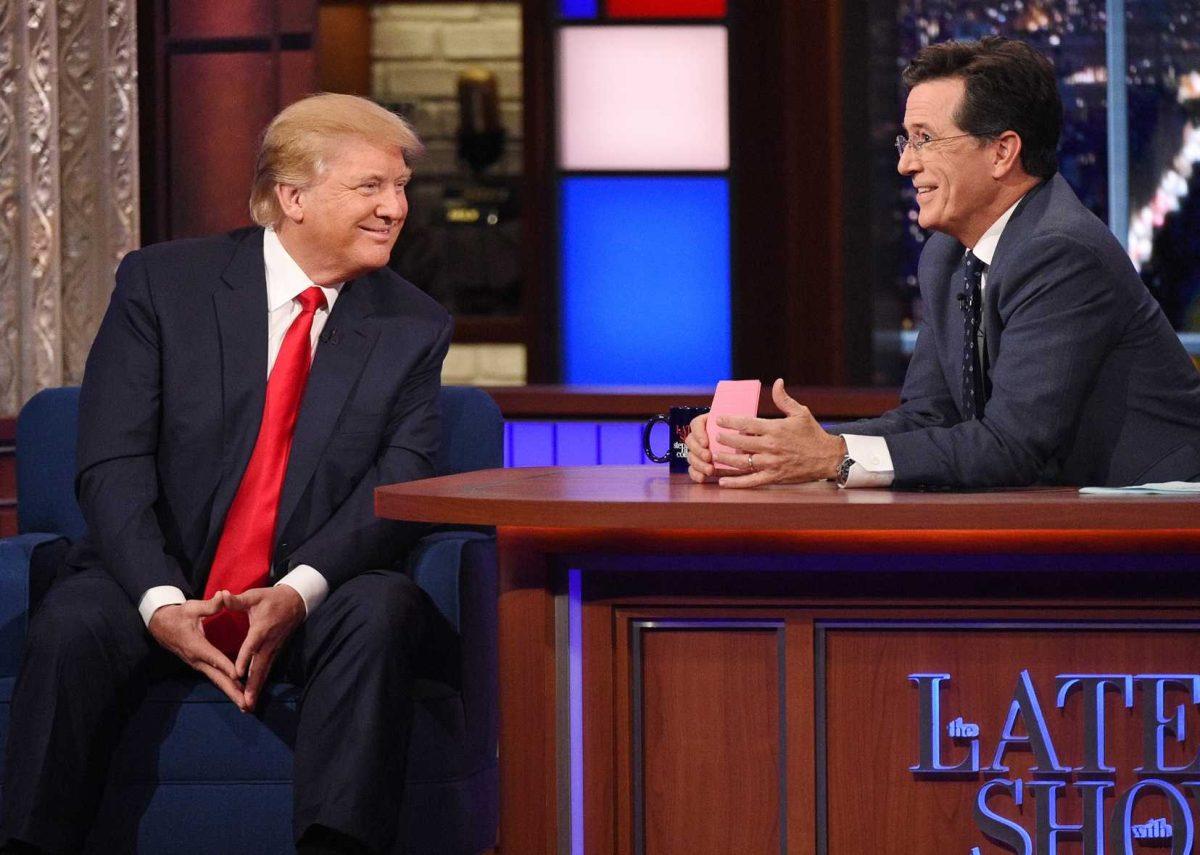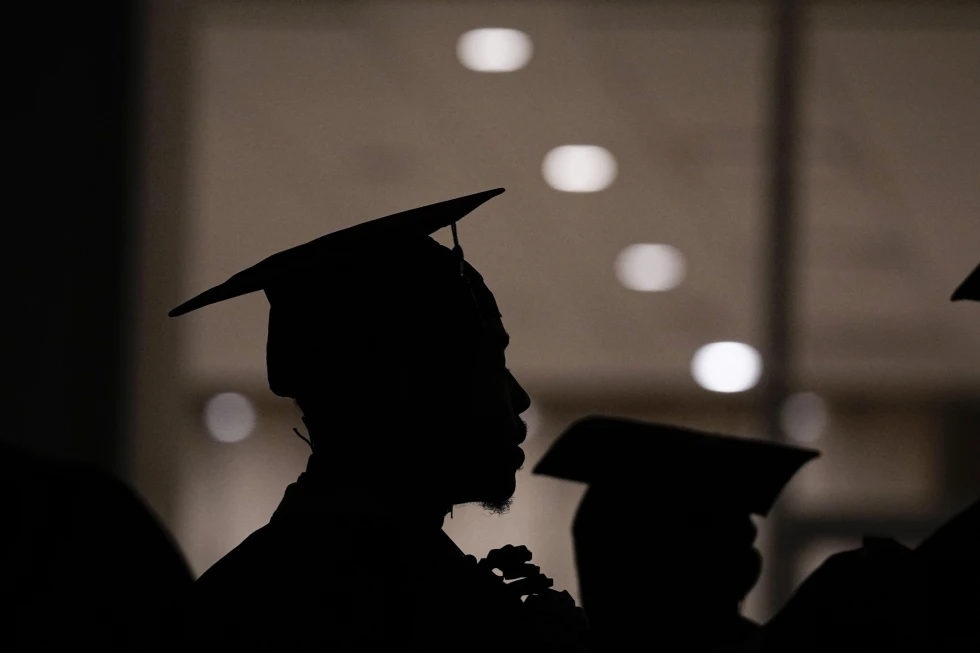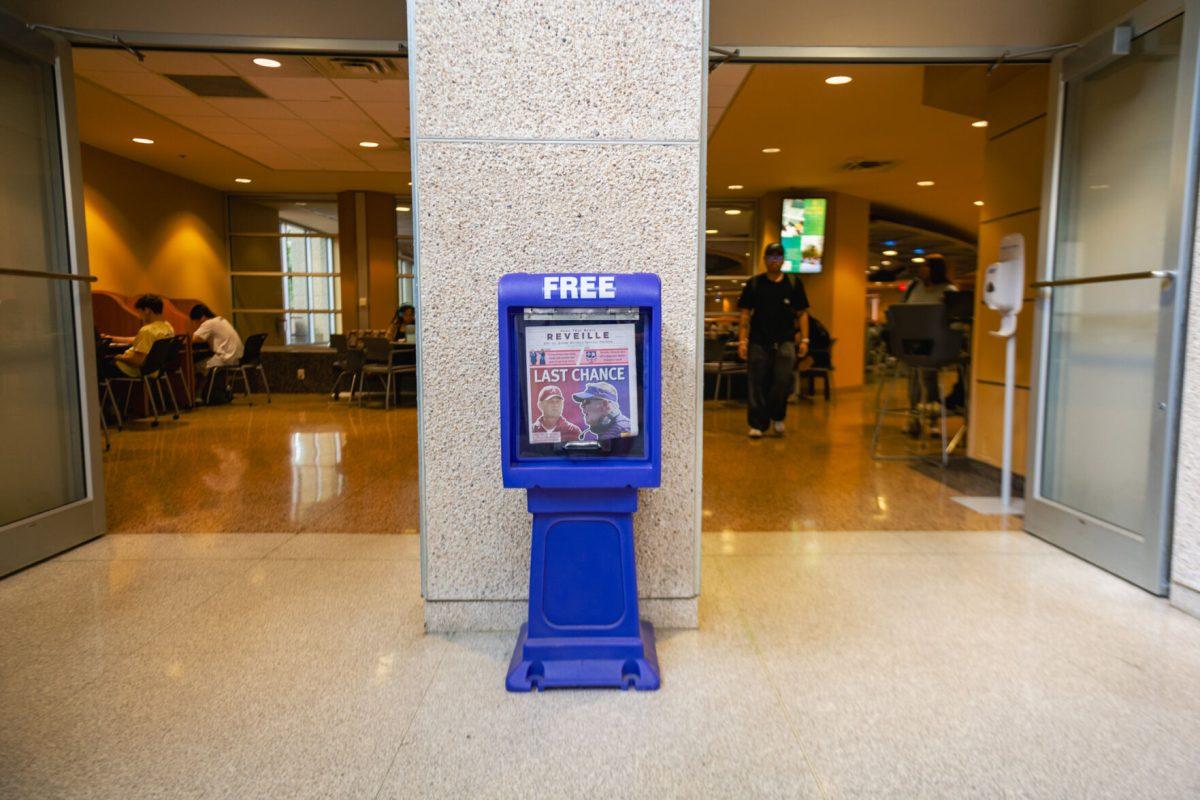On Sept. 26, 1960, Richard Nixon lost the White House in the first televised presidential debate in United States history. His pale, sickly appearance turned voters toward young John F. Kennedy, and the Nixon-Kennedy debate changed the strategies of presidential campaigns from there on out.
When Bill Clinton pulled out the saxophone on Arsenio Hall’s late night show and George W. Bush read a top 10 list for David Letterman, late night show appearances became a requirement to become president.
President Barack Obama has owned the utilization of comedic media to push policies and increase approval ratings during the past seven years. With appearances on “The Daily Show” and “The Colbert Report,” slow jams with Jimmy Fallon and interviews with BuzzFeed and Zach Galifianakis, Obama created an expectation for future presidents — communicate with young people.
In a slapstick-style skit reminiscent of his political campaign, Donald Trump and Jimmy Fallon goofed around about Trump’s surprising popularity and immense wealth. Hillary Clinton joked about her email scandal with Fallon, and Jeb Bush made fun of Trump’s ridiculous debate answers with Stephen Colbert.
These candidates sacrifice professionalism and superiority for humanization. They saw what happened to Mitt Romney, and it scared them. But while their efforts are mired in an attempt to tap into younger generations, appearances on late night television may successfully reinvest moderates within the American political system.
When the Internet and cable entered mainstream American media in the ’90s and ’00s, moderates stopped watching broadcast television, which included nightly news, and started watching entertainment and sports programs. Princeton University professor Markus Prior said in his book “Post-Broadcast Democracy: How Media Choice Increases Inequality in Political Involvement and Plarizes Elections” that political interest didn’t wane in the ’90s — exposure to the news did. As a result, political participation dropped when moderates stopped watching the news.
However, these entertainment junkies who spend time watching late night television, trending YouTube videos and BuzzFeed shorts aren’t a lost cause for election day turnout. Moderates just need more exposure to news, and with pundits like Colbert at the helm of “The Late Show”, this is possible.
In less than a month, Colbert interviewed Jeb Bush, Joe Biden, Bernie Sanders, Ted Cruz and Trump. For the sake of politics, Colbert is more valuable to moderate voters than Fallon. Colbert is an intelligent political pundit who used satire for years on “The Colbert Report” to point out flaws in conservative views.
Colbert asks the tough questions in one-on-one situations journalists only dream about. He pushed Cruz on the senator’s stance on gay marriage. He pointed out Trump’s ludicrous immigration policy and egged Biden to reveal whether Obama’s number two had presidential hopes.
Both Colbert and Fallon, who interviewed Trump, Clinton and Carly Fiorina, maintain middle-aged and young adult viewing audiences. According to the University of Connecticut’s Roper Center, 19 percent of the young adult population (18 to 29-year-olds) and 27 percent of the middle-aged population (30 to 44-year-olds) voted in the 2012 election.
Colbert and Fallon have strong holds on those age groups through their social media outreach and cable broadcasting. Colbert’s interview with Biden has two million views on YouTube. Fallon’s skit with Trump has five million.
Skits, jokes and laughs along the campaign trail changed the political game.
More Americans are exposed to politics than any election cycle since 2000. Political night talk show appearances can bring moderates back into politics with hosts like Colbert continuing their news focused comedy routines. If moderate voter turnout increases, moderate politicians can win elections, and the political polarization of today’s American political culture may finally see its sunset.
Justin DiCharia is a 21-year-old mass communication senior from Slidell, Louisiana. You can reach him on Twitter
@JDiCharia.
Opinion: Late night comedy shows can bring moderates back to politics
September 24, 2015
In this photo provided by CBS, Republican presidential candidate Donald Trump, left, joins host Stephen Colbert on the set of “The Late Show with Stephen Colbert,” Tuesday, Sept. 22, 2015, in New York. (John Paul Filo/CBS via AP) MANDATORY CREDIT; NO ARCHIVE; NO SALES; NORTH AMERICAN USE ONLY
More to Discover













